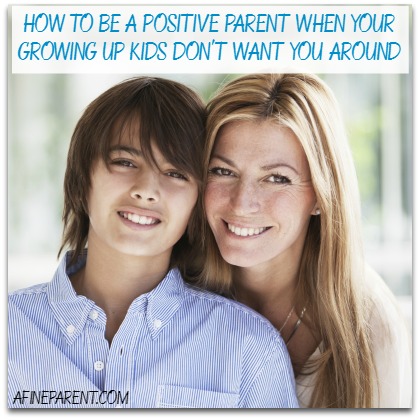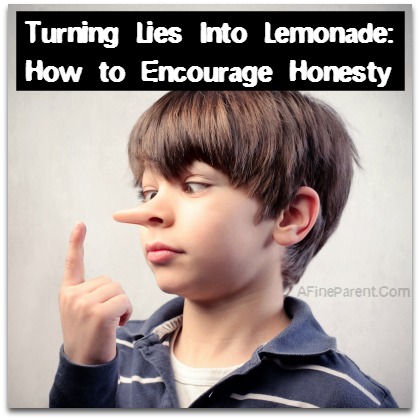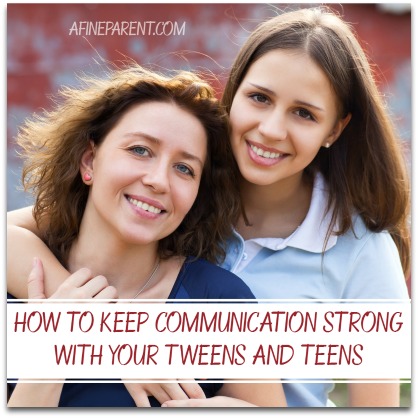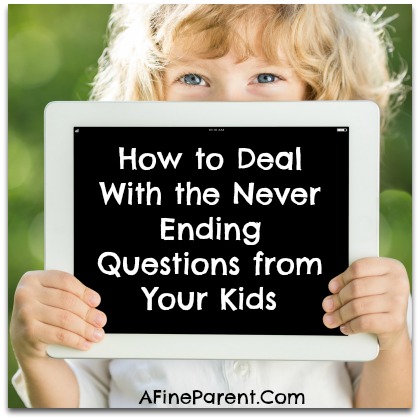 Recently, my 12-year-old was showing me a school project about his future, including going to college across the country.
Recently, my 12-year-old was showing me a school project about his future, including going to college across the country.
The idea of him going away to college wasn’t a fun one, but as cheerfully as I could muster, I said, “I can’t wait to visit you there.”
He blurted back, “You’re not invited!”
He quickly added, “Just joking!” but I got the message.
This little guy—who used to greet me so enthusiastically that onlookers thought we’d been separated for days, not hours—was telling me that he’s not so little anymore.
Our children start out as helpless infants who almost feel like an extension of our own bodies. Someday—in the not-too-distant future—they will be self-sufficient adults, possibly living across the country. It is their job to get there, and our job to support them as they grow, mature, and separate from us. Toddlers want to “Do it myself!” as they strive for independence. Your 8-year-old might like snuggles at home but don’t be surprised when she suddenly drops your hand on the way to the bus. “Someone might see us!” (Yup, it happened to me recently.)
Your child really starts in earnest on the road to independence in the tween/teen years. These can be some of the hardest you face as a parent. Kids this age can seem like children one minute and wise beyond their years the next. They take 2 steps away and one step back.
Not only is your child experiencing the physical upheaval of puberty or pre-puberty, his brain is rewiring and this can be a source of emotional upheaval.
Amid all of this, your child is doing his job and separating from you. You both will experience growing pains.
As a parenting coach and the mama of a teenager, a tween, and a pre-tween, I know how hard these years can be. You are not alone: a recent article stated that “The years surrounding the onset of adolescence are among the most difficult times for mothers. Compared to mothers of infants, these women experience the lowest levels of maternal happiness and are even more stressed than new parents.” It’s hard to move out of the center of your child’s life—let alone be excluded from the circle.
The whole point of parenting is to raise children into adults who no longer need you. That doesn’t mean it’s easy.
Sentences from my two oldest often start with “No offense, Mom…” I often get karate blocked when I go in for a hug. I’m no longer the first to know how they’re feeling or what they’re thinking.
But I also know certain tweens and teens (ahem) who still ask for tuck-ins and like me to walk them to the door in the morning to say good-bye, who seek me out to pour out their ideas and their hearts when they are in the mood.
How do we stay close to our kids when they are (developmentally appropriately) beginning to move away from us?
We need to parent for both connection AND independence. We have to hold on so they can let go.
Here are some strategies you can use and ideas to keep in mind as your growing child transitions from your little one to an adolescent and eventually, to an adult.

 “You’re moving?” the other mother said to me.
“You’re moving?” the other mother said to me. We don’t do anything well when we’re tired.
We don’t do anything well when we’re tired. As your children grow, everything seems more important — mistakes have bigger consequences, peers can be a bigger negative influence, and there is potential for embarrassment on social media.
As your children grow, everything seems more important — mistakes have bigger consequences, peers can be a bigger negative influence, and there is potential for embarrassment on social media. We all know that children are naturally inquisitive. We also know their inquiry sometimes manifests itself in annoying ways or at inopportune times, “Are we there yet?” or “Is that lady having a baby?” being among the most common examples.
We all know that children are naturally inquisitive. We also know their inquiry sometimes manifests itself in annoying ways or at inopportune times, “Are we there yet?” or “Is that lady having a baby?” being among the most common examples.